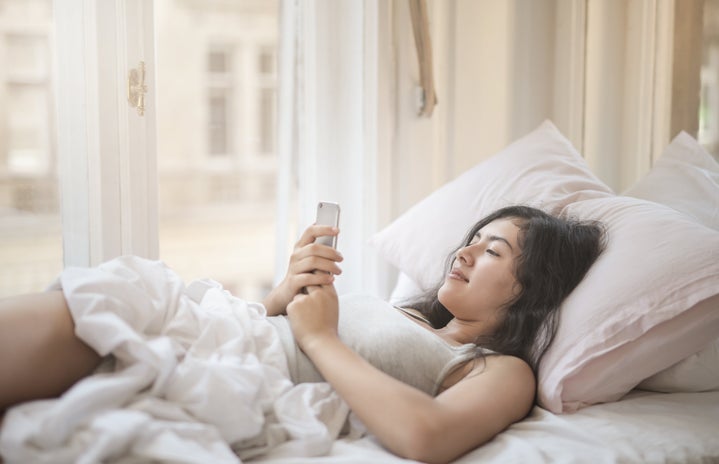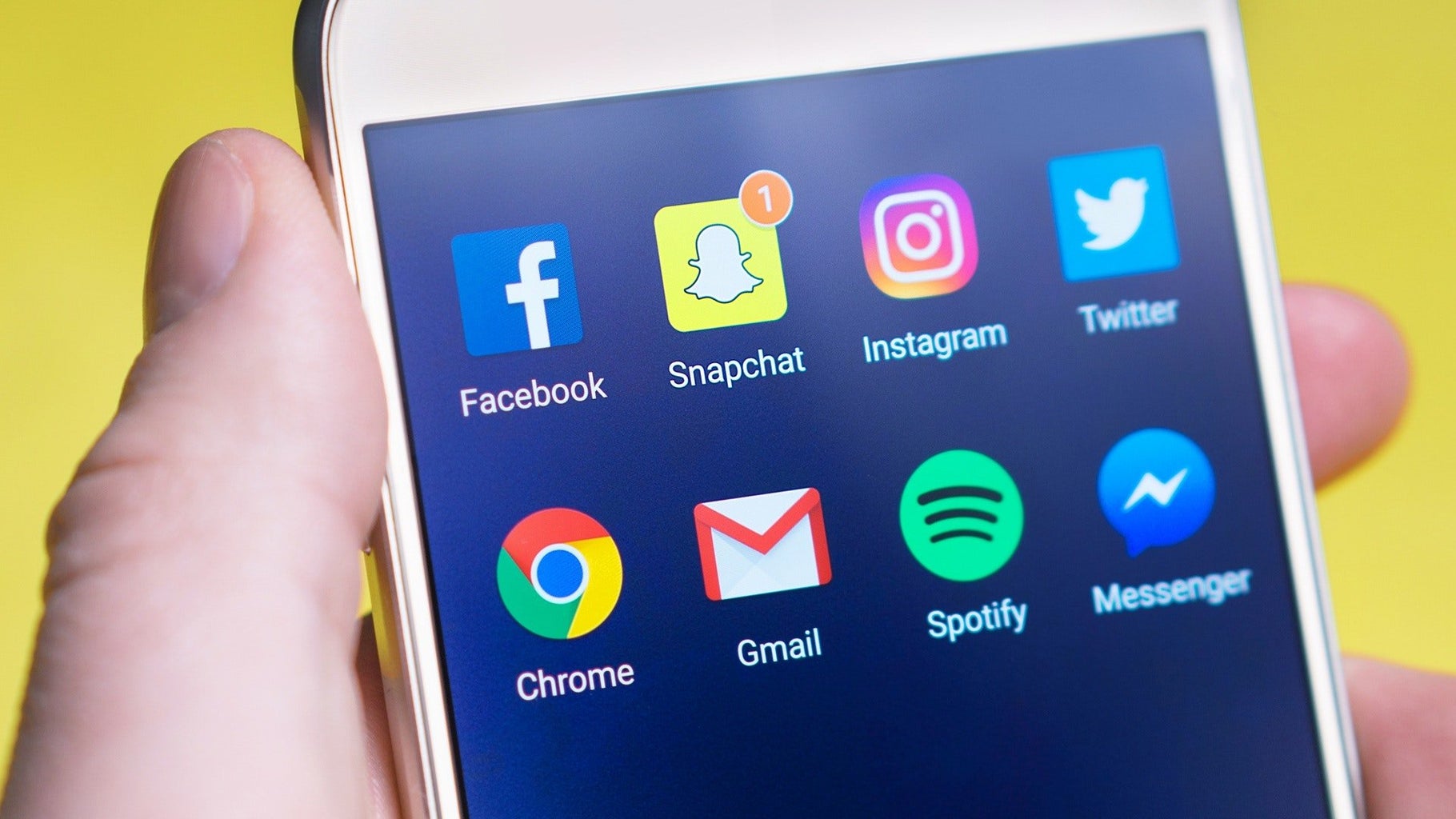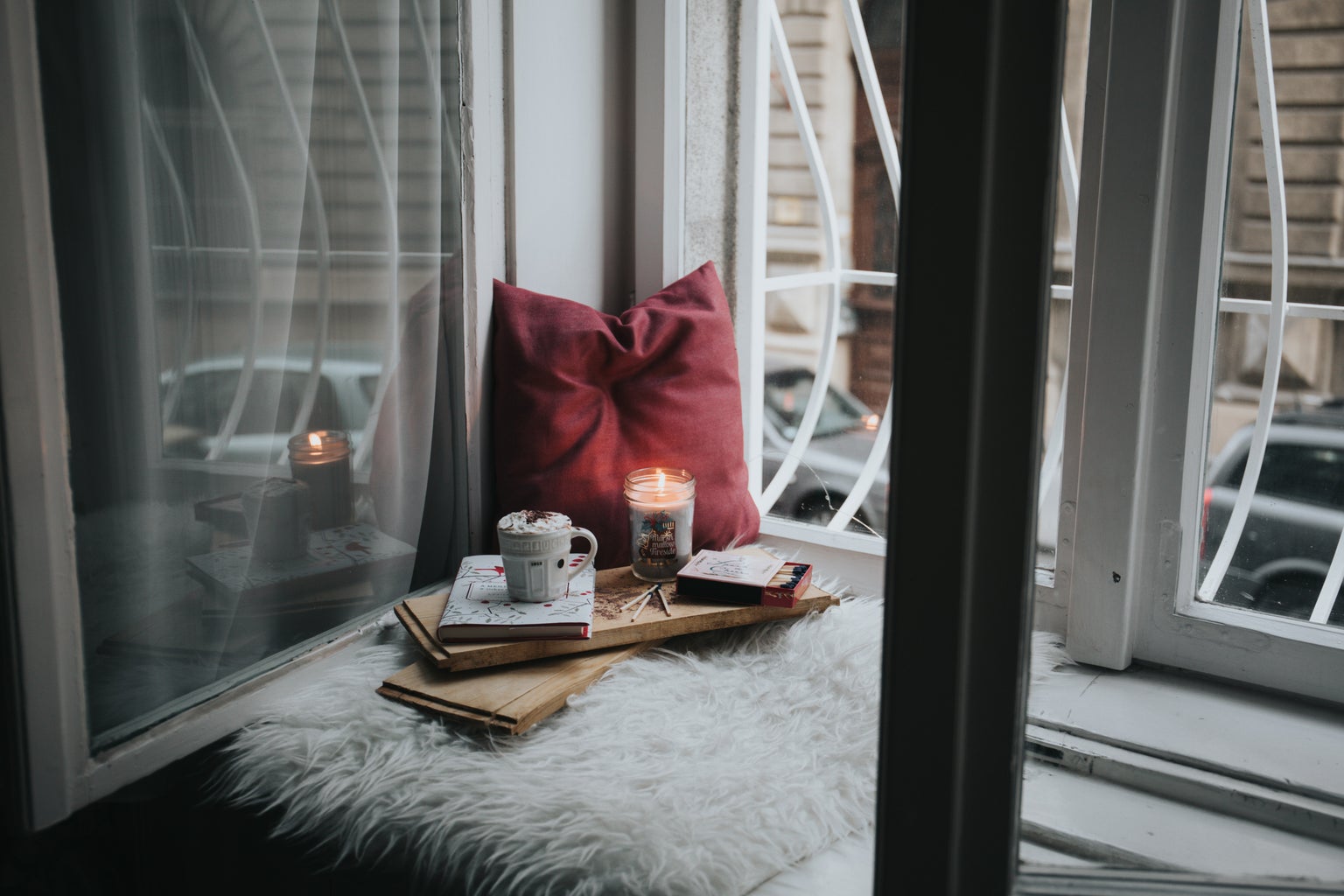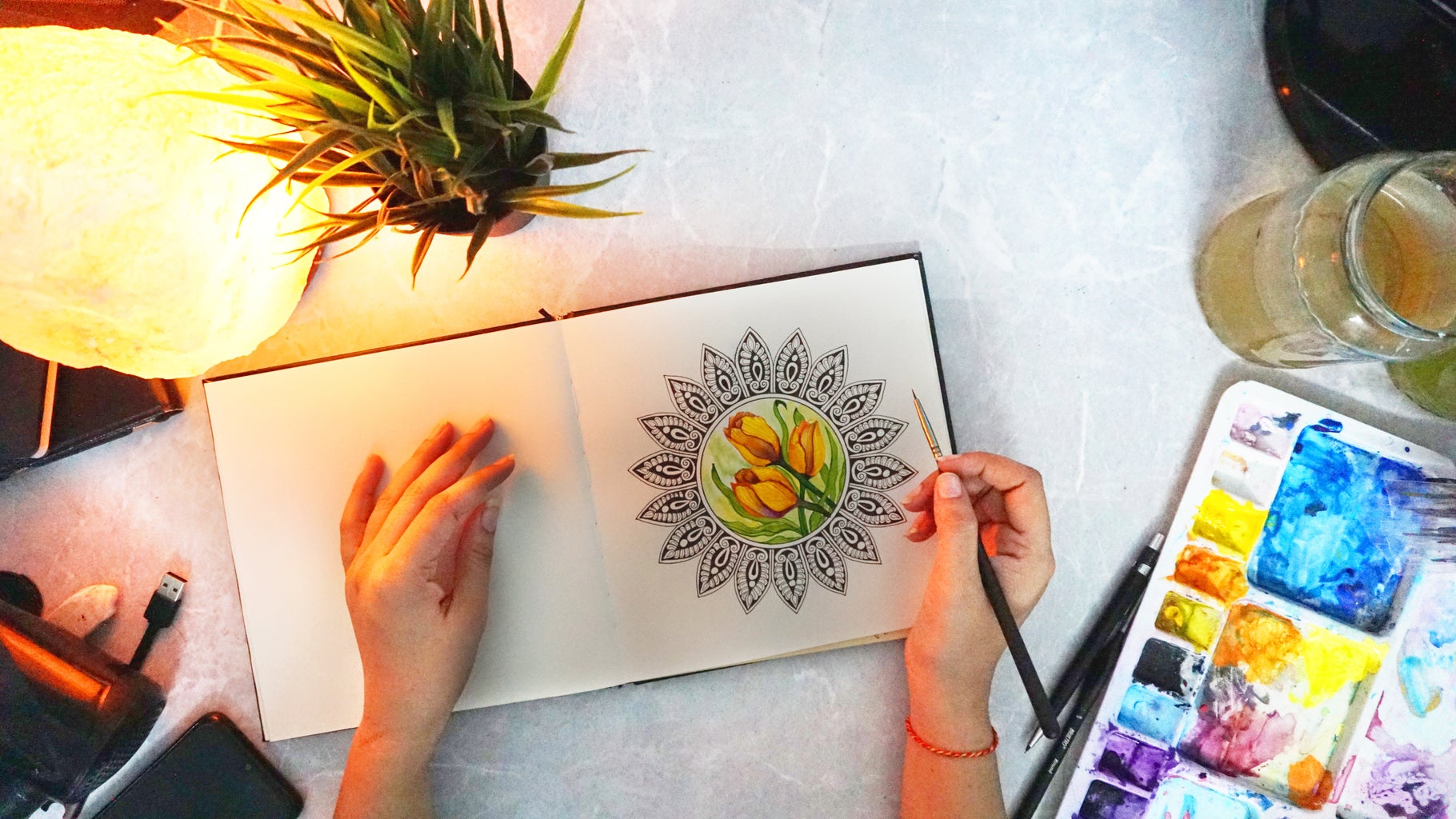It’s no secret that today’s generation relies heavily on electronics. It’s hard not to, with all of the technological advancements being developed everyday; if my favourite bakery introduces a mobile order feature, you already know I’m going to use it every single day.
However, the simplicity of using your cellphone for everything in your day-to-day life can have some negative impacts. As the COVID-19 lockdowns came and went, I found myself becoming more and more bonded with my phone. After all, it was the only way I could stay connected with my friends, apart from glitchy Zoom calls and drive-by birthday parties.
By the end of high school, I was truly addicted to my phone. I couldn’t leave my house without it, I would doom-scroll endlessly, and my attention span started to get really bad. I couldn’t hold a single conversation properly without checking my Pinterest, just to give me something to do with my hands.
So, I decided to start the process of “breaking up” with my cellphone. Here’s how I did it:

step one: recogniZing the problem
This step looks the easiest on paper, but was actually one of the toughest. It took a lot of self-reflection (and parental intervention, sorry mom) to realize that I had an attachment issue with my phone. After I noticed how bad my addiction was getting, I felt embarrassed and ashamed. Thankfully, my friends and family were willing to help me.
One of the best things you can do to see if you have a problem is track your daily cellphone usage. On IOS, there are typically weekly notifications that pop up, telling you which apps you used most in the previous week and for how long. If you don’t have an iPhone, or don’t get those notifications, there are plenty of apps on the market designed to do it. I know it seems a little counterintuitive to use your phone to track your phone addiction, but seeing how much time you’re spending on your phone can be a wake up call!
step two: accepting help from others
Like I said, my peers were extremely resourceful with helping me use my phone less. In each of my classes, I used to tell my friends not to text me at all until I was done to avoid the temptation of checking for notifications. If I was up too late on TikTok or messaging my friends, they would simply stop responding to me (either on purpose, or by accident as they fell asleep) until I put my phone away and went to sleep too.
At first, I was a little annoyed that they were so strict about what I asked them to do, but I now see that it was for my own good. Remember, your friends and family only want what’s best for you, even if it means removing you from a group chat because you sent too many slime videos at four o’clock in the morning.
step three: setting boundaries and following through
Setting rules for yourself is the easy part, but following through with them is the tricky part. At one point, I set up a parental control that blocked certain apps that would keep me up at night after a certain time. The amount of times I bypassed it by inputting the password and scrolled until the sun came up was a bit embarrassing.
Staying away from temptations like these is crucial to remaining disciplined. Instead of setting your own passwords like I did, maybe have a family member or friend set it, so bypassing it won’t be so easy.
step four: finding alternative hobbies
The most important aspect of staying away from your phone, in my opinion, is simply finding better things to do than sit and scroll for hours. Personally, I decided to brush up (no pun intended) on my painting skills, as well as try to teach myself to roller-skate.
Any hobby can work for this step, new or old! If there’s a book that’s been sitting on your shelf for months that you’ve been meaning to read, now you have the time to do so! Having less phone time also leaves room for more studying, which can be helpful come exam season; you won’t be as tempted to use your study breaks for TikTok and Snapchat, like I did. Whoops.
final thoughts
At the end of the day, it’s up to you to decide how you spend your time. For me, I’ve found that I much prefer not spending as much time on my phone. It gives me time to work on myself, without any distractions. Despite this, I’m still prone to the occasional late night on Facebook looking for old baby photos of friends to taunt them with, or spamming my parents with Instagram reels during the work day. Progress isn’t linear, folks!







